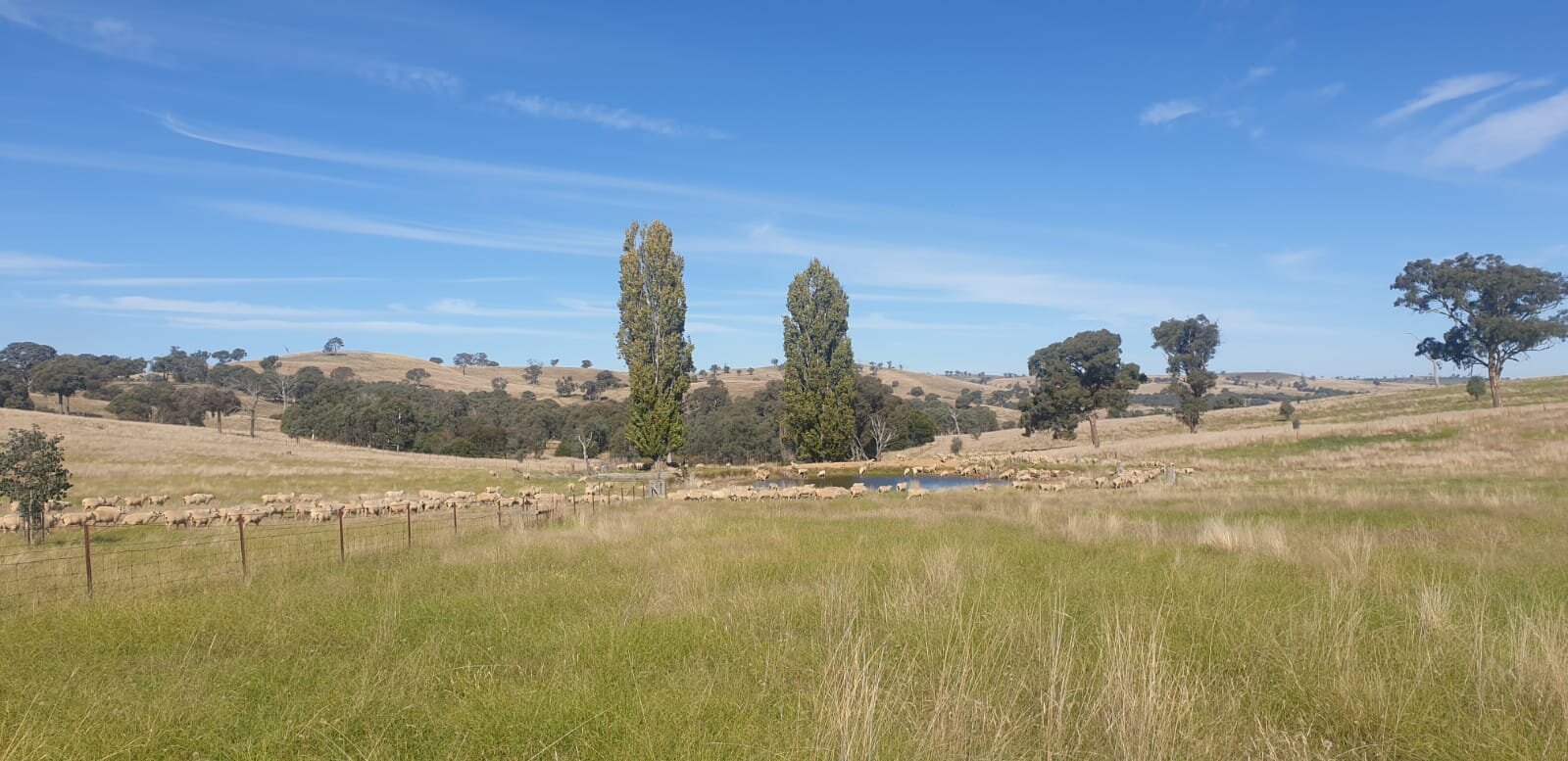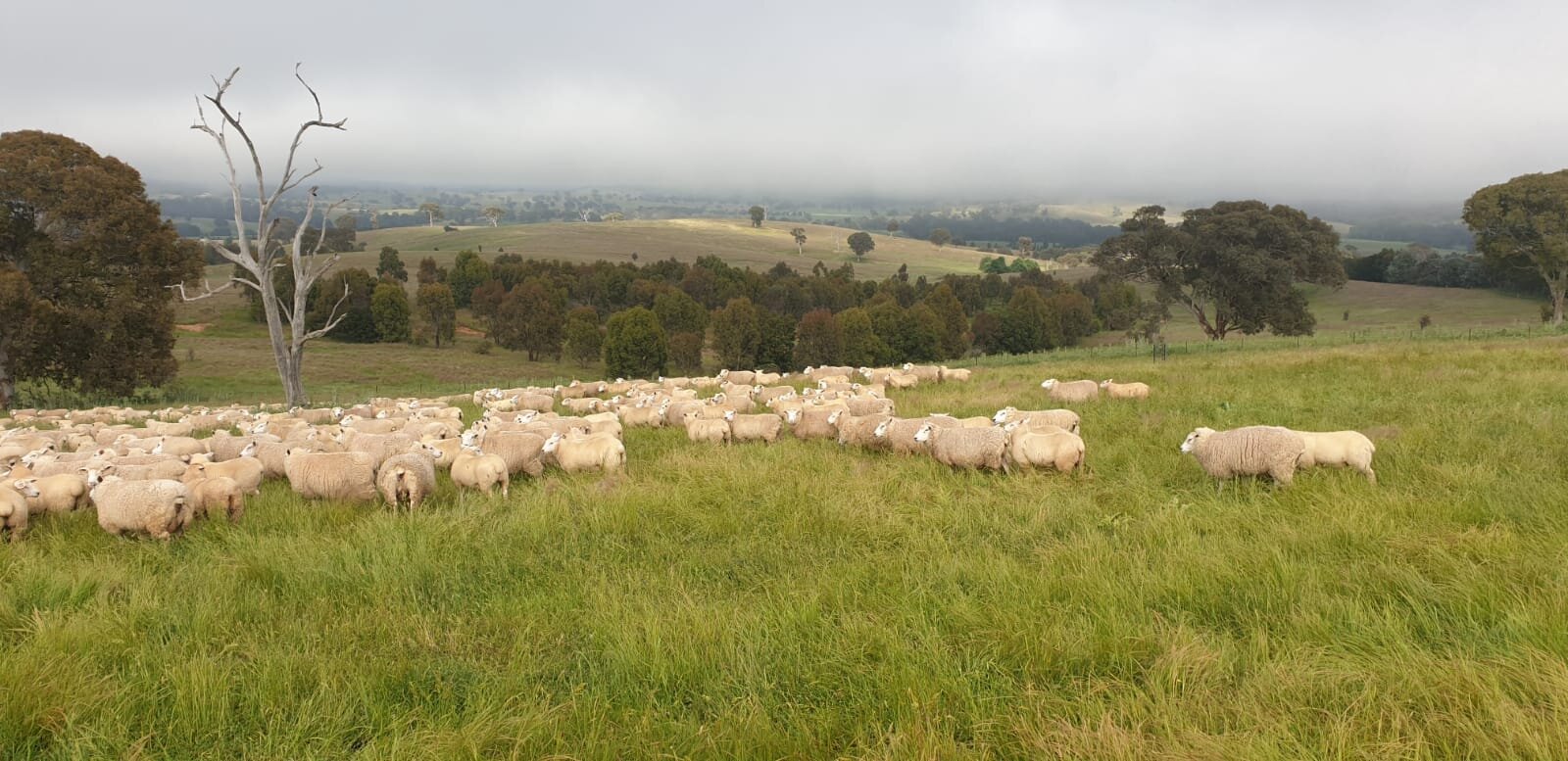
Quoting Vince Heffernan from Moorlands Lambs
"I love that tree. On basalt country, it spreads it's limbs out wide. Pointing to the fact that this was a grassy woodland, never a forest. Now there are a row of trees adjacent, at thirty metre spacing, planted in October 2013 by visiting German backpackers. Why 30 m? Bird specialists note that the tiny, and often endangered, woodland birds will not risk an open crossing of more than 60m for fear of predation. So these stepping-stones allow safe passage from one planted woodland to another creating connections integral to native fauna's needs. (And for a random lightning strike in the centuries to come)"
Feather & Bone BUTCHERY
Sydney 2017, Intern & Apprentice
Albeit it was a pretty intense and at times quite exciting experience when taking apart entire lambs, pigs, beef, and poultry, my principle aim was another.
An exploration of the underlying structures. Trying to come to grips with the entire process from farm to slaughter house; a necessary confrontation - I believe - when continuing eating meat.
It involves the farmers, their protocols, respective ecosystems, animal welfare from diets, herding, to increasing biodiversity, and building resilience to droughts, sicknesses and plagues.
"The Ethical Omnivore" (2020), published by Grant and Laura, founders of Feather & Bone. An eye-opener for both, vegetarians and meat eaters - I promise.
‘Heartfelt and wonderfully written, this is the kind of cookbook only butchers who think we should eat less meat could write.' (Matthew Evans)
From the book:
“We live in an affluent era marked by an increasingly fraught relationship to food, and meat is arguably the most controversial ingredient. There is a communal ache for authenticity, for a way forward with good conscience.
The Ethical Omnivore explores the solution: living with a conscience; asking the right questions of whomever sells you meat or of the labels you read; and learning how to respect the animal so much that you're willing to cook something other than chicken breast. This book traces how animals can be raised ethically and demonstrates some ways regenerative farmers are outstanding in how they care for their animals. […] And it shows all of us how to live with less impact on the animals and environment that support us.”
You see, the work ethic of F&B is quite different to most butcher shops, needless to say supermarket meat.
Their promise is to only source
“whole, pasture-raised animals from farmers who are dedicated to regenerative agriculture with guaranteed provenance, full transparency, and no exceptions”
While it sounds natural and most of us would assume this to be the norm in the meat and butchery industry, nothing could be further from the ‘truth’.
It was a remarkable experience to intern at F&B and being sent out to the collaborating farms, seeing many of the concepts of ‘climate change mitigation and resilience’ I faced during my Masters at the United Nations University in Maastricht, being applied in practice.
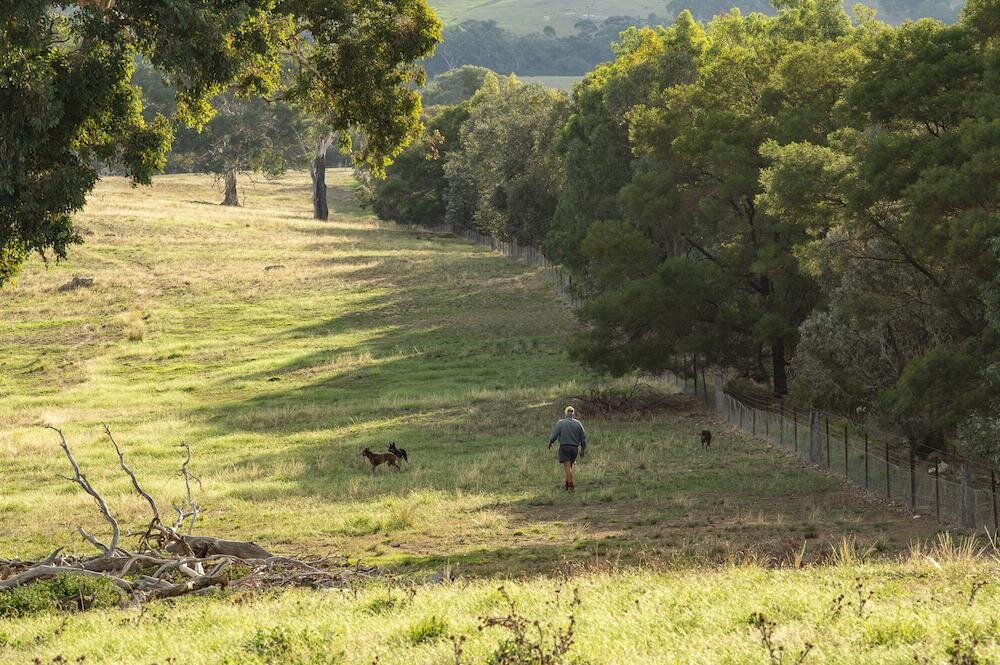
Janet and Vince at Moorlands Lambs
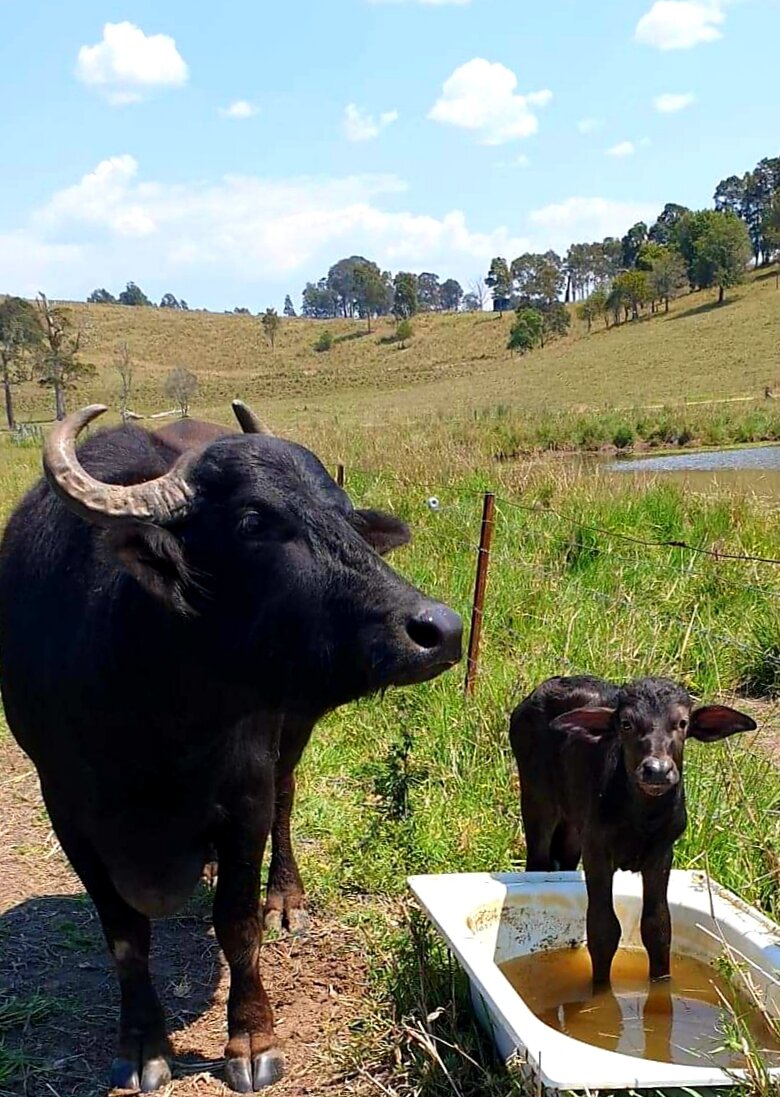

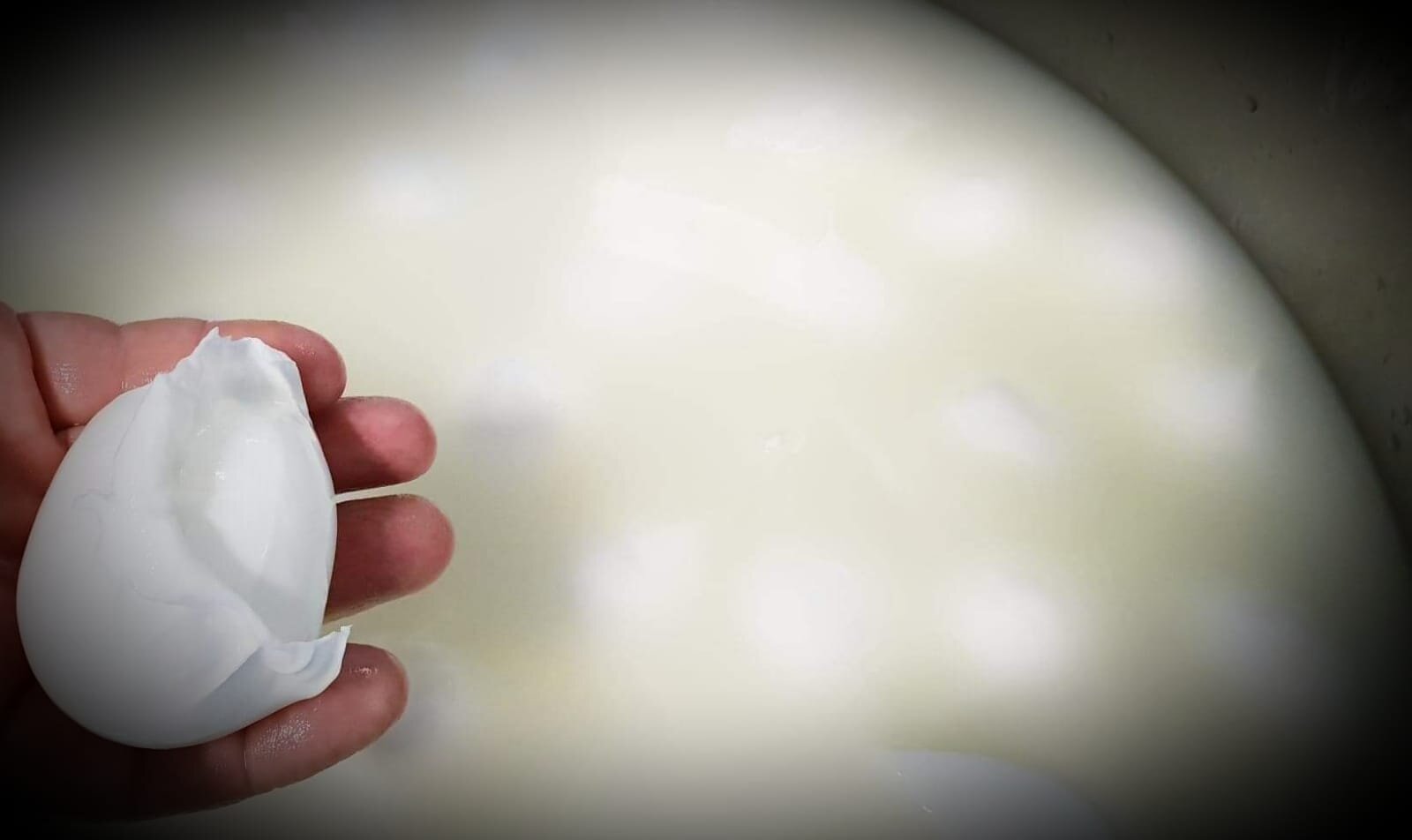
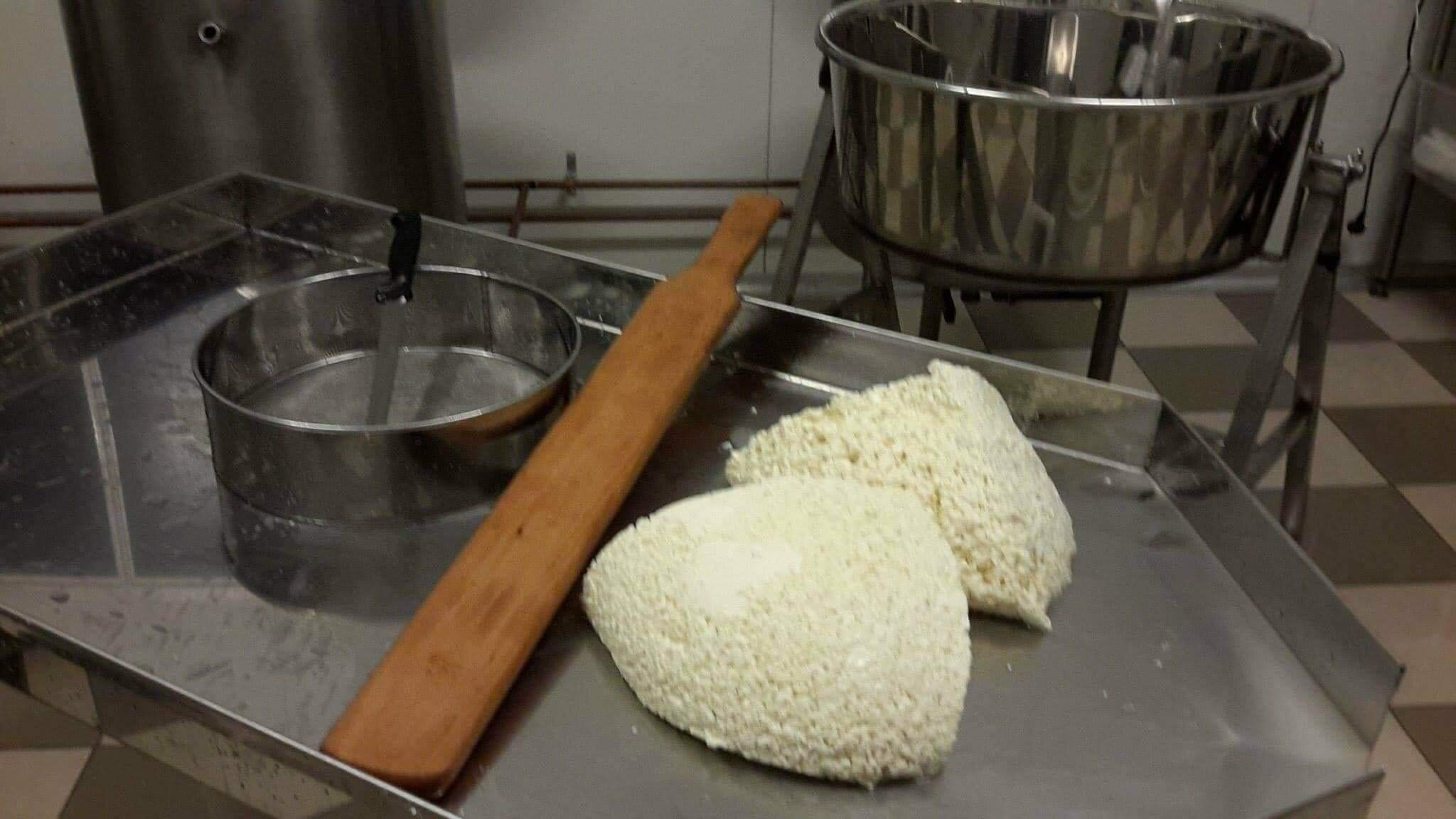
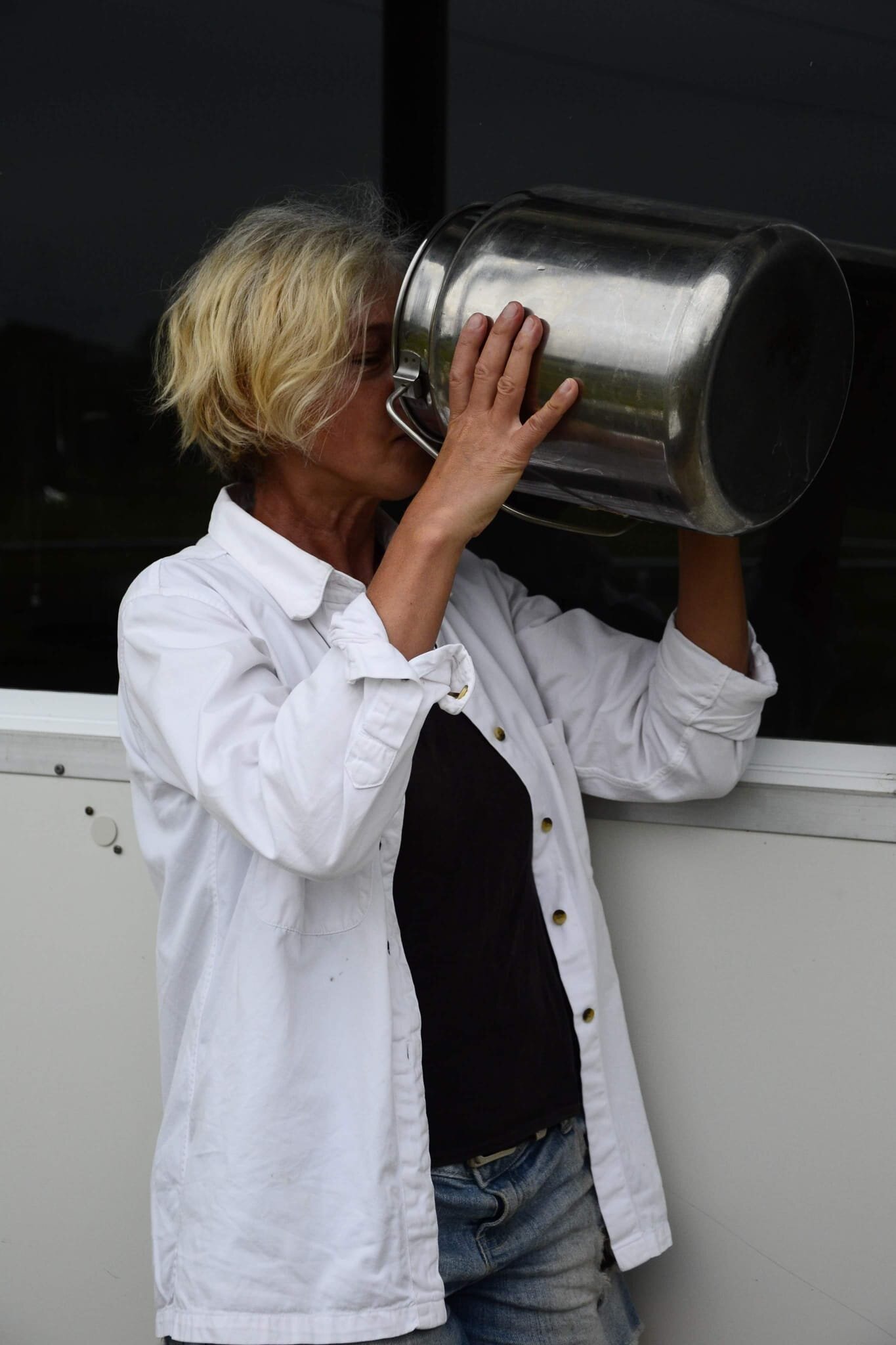
Elena Swegen: Lover of Life and Burraduc Buffalo Milk



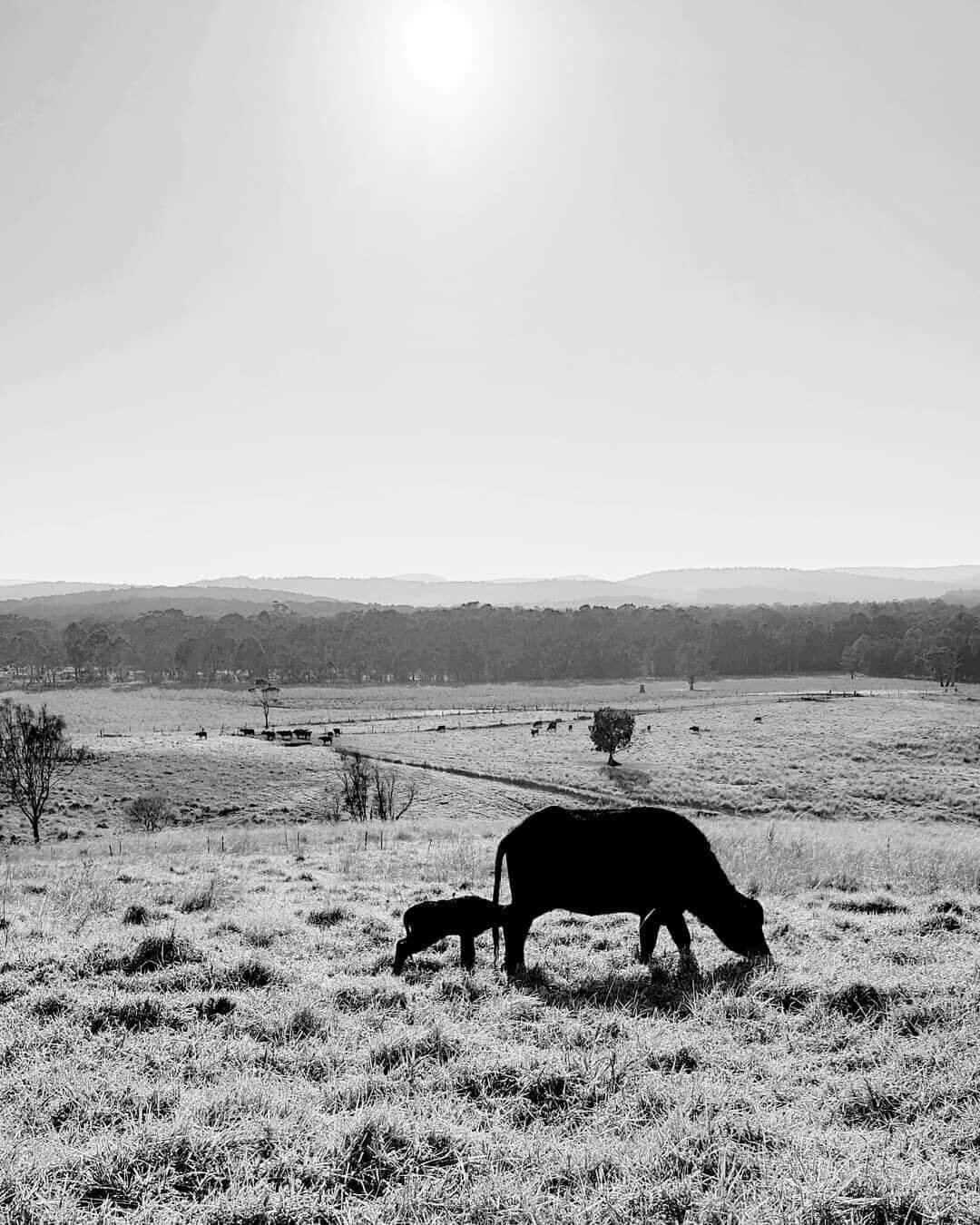
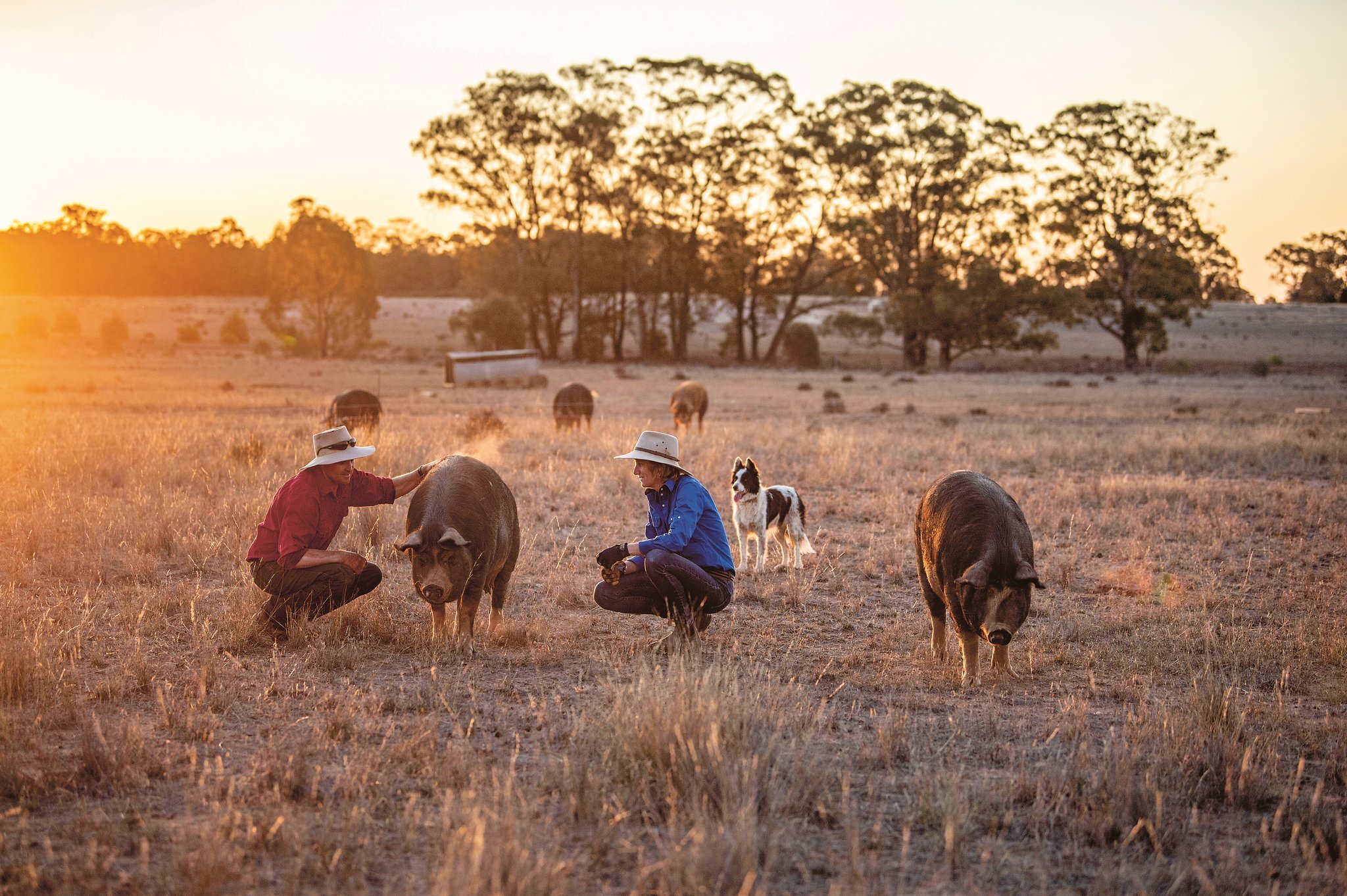
Michael and Alexandra at Extraordinary Pork



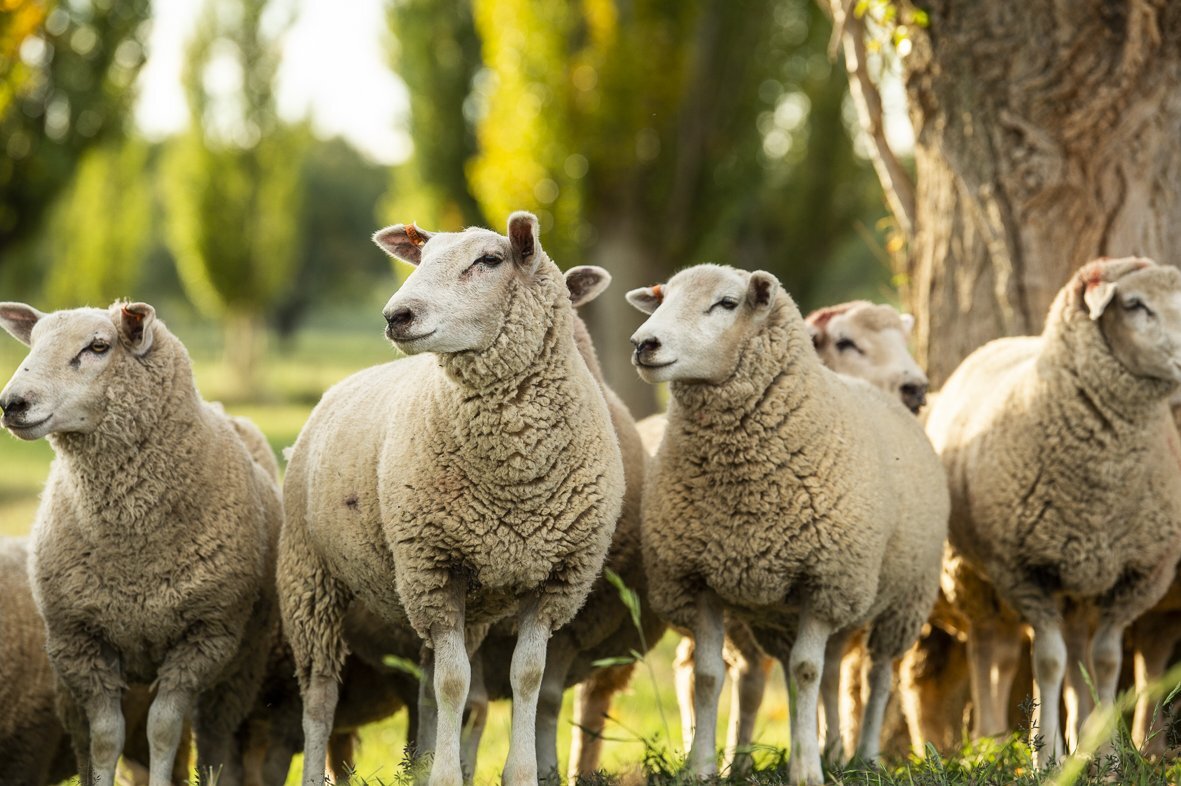


Church in the Wild
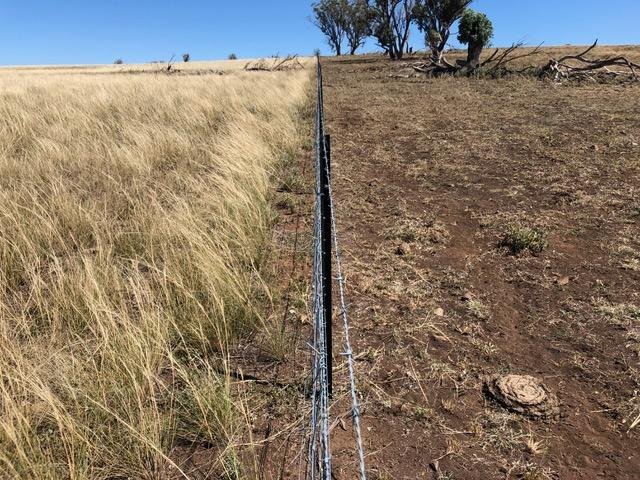
Regenerative agriculture during drought vs ?




